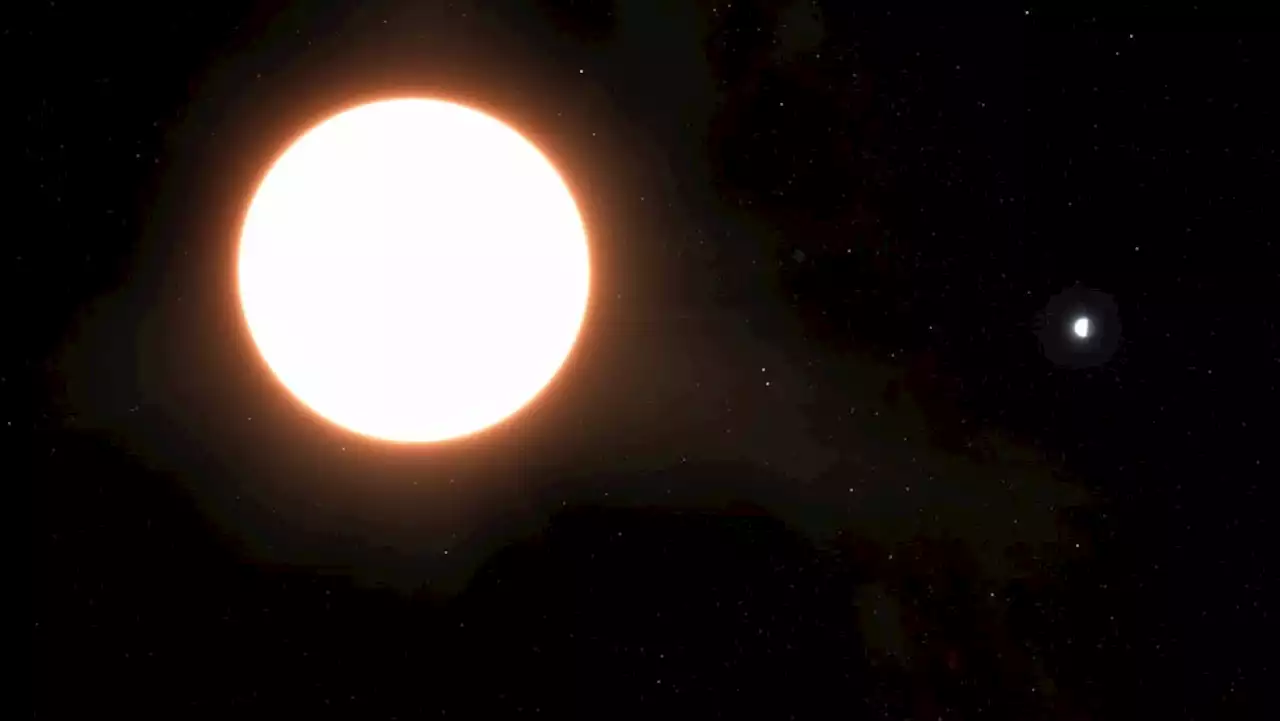Plutonium and microplastics were found in core samples of the Crawford Lake sediments. Read more at straitstimes.com.
Sediment deposited at Crawford Lake, a small but deep body of water in Canada’s Ontario province, provides unmistakable evidence that Earth entered a new human-driven geological chapter - the Anthropocene epoch - some seven decades ago, a team of scientists said on Tuesday.
Presence of plutonium and other evidence - such as microplastics - was found in core samples of the Crawford Lake sediments. The Anthropocene epoch has not yet been formally recognised by a scientific body called the International Commission on Stratigraphy. The Anthropocene, if it gains formal recognition, would follow the Holocene epoch, which began 11,700 years at the conclusion of the last Ice Age.
The sediment at Crawford Lake, the scientists said, showed a “golden spike” illustrating a sudden - in geological terms - and irreversible shift in Earth’s conditions. Such golden spikes - formally ending one geological chapter and ushering in another - would be observable in rock, glaciers or marine sediments for thousands of years to come.
日本 最新ニュース, 日本 見出し
Similar News:他のニュース ソースから収集した、これに似たニュース記事を読むこともできます。
 Canadian lake sediments reveal start of Earth's Anthropocene age, scientists say:Sediment deposited at Crawford Lake, a small but deep body of water in Canada's Ontario province, provides unmistakable evidence that Earth entered a new human-driven geological chapter - the Anthropocene epoch - some seven decades ago, a team of scientists said on Tuesday. The members of the Anthropoc
Canadian lake sediments reveal start of Earth's Anthropocene age, scientists say:Sediment deposited at Crawford Lake, a small but deep body of water in Canada's Ontario province, provides unmistakable evidence that Earth entered a new human-driven geological chapter - the Anthropocene epoch - some seven decades ago, a team of scientists said on Tuesday. The members of the Anthropoc
続きを読む »
 Welcome to the Anthropocene, Earth's new chapterThe Anthropocene is the proposed geological epoch marking humanity’s outsized impact on the planet. Read more at straitstimes.com.
Welcome to the Anthropocene, Earth's new chapterThe Anthropocene is the proposed geological epoch marking humanity’s outsized impact on the planet. Read more at straitstimes.com.
続きを読む »
 Japan sea sludge tells story of human impact on earthLayers of sediment and sludge beneath the seawater in Japan’s Beppu Bay offer clues about the past. Read more at straitstimes.com.
Japan sea sludge tells story of human impact on earthLayers of sediment and sludge beneath the seawater in Japan’s Beppu Bay offer clues about the past. Read more at straitstimes.com.
続きを読む »
 Japan sea sludge tells story of human impact on EarthTOKYO: Beneath the seawater in Japan's Beppu Bay lie layers of seemingly unremarkable sediment and sludge that tell the story of how humans have fundamentally altered the world around them. The site is among those being considered for designation as a 'golden spike', a location that offers evidence of a ne
Japan sea sludge tells story of human impact on EarthTOKYO: Beneath the seawater in Japan's Beppu Bay lie layers of seemingly unremarkable sediment and sludge that tell the story of how humans have fundamentally altered the world around them. The site is among those being considered for designation as a 'golden spike', a location that offers evidence of a ne
続きを読む »
 Vandalism, peeling ceiling art: Japan temples suffer damage to tourist sitesA 'bored' Canadian teen vandalised a wooden pillar, while a ceiling painting in Tokyo peeled off. Read more at straitstimes.com.
Vandalism, peeling ceiling art: Japan temples suffer damage to tourist sitesA 'bored' Canadian teen vandalised a wooden pillar, while a ceiling painting in Tokyo peeled off. Read more at straitstimes.com.
続きを読む »
 'Like a mirror': Astronomers identify most reflective exoplanetPARIS — A scorching hot world where metal clouds rain drops of titanium is the most reflective planet ever observed outside of our Solar System, astronomers said on Monday (July 10). This strange world, which is more than 260 light years from Earth, reflects 80 per cent of the light from its host star, a
'Like a mirror': Astronomers identify most reflective exoplanetPARIS — A scorching hot world where metal clouds rain drops of titanium is the most reflective planet ever observed outside of our Solar System, astronomers said on Monday (July 10). This strange world, which is more than 260 light years from Earth, reflects 80 per cent of the light from its host star, a
続きを読む »
